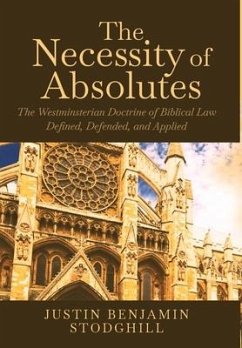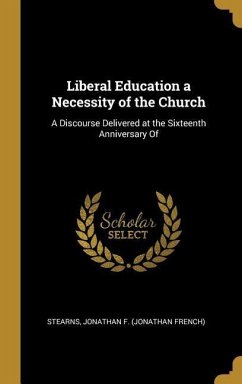Biblical Law has been defined differently by different theological backgrounds. Largely ignored, or openly rejected, by many mainstream Protestant Churches, the challenge for the modern Reformed Presbyterian Church is to recover the Biblical teaching of the Law and present it soundly and practically to Christ's body of believers and the world at large. Nowhere is the orthodox teaching of Biblical Law more clearly summarized and taught than in the Westminster Standards. This treatise defines, explains, and defends the Westminsterian position on Biblical Law, presenting it as the only Biblically-consistent view of the subject. Beginning with the definition of the Law and its Tripartite division, a defense of the foundational principles of Biblical Law is presented. The following chapter focuses on the Westminsterian position on the perpetuity and universality of the Moral Law, the concept of Natural Law from a Biblical perspective, and the Three Uses of the Moral Law. Next, there is a summary of the treatment of the Decalogue by the Westminster divines, including their explanation of each of the Ten Commandments and the Biblical requirement of Christians to keep the Moral Law despite their inability to do so perfectly. In the fourth chapter, the Westminsterian treatment of the Ceremonial Law and Judicial Law is presented, along with a consideration and rejection of what is commonly referred to as theonomy. The work concludes with a chapter dedicated to the defense of the Westminsterian view against Antinomianism, including New Covenant Theology, along with insights into applying the Moral Law in Good Works and in Ethics. The aim of this work is to remind Church officers of the centrality of the Biblical Law in both Testaments of Scripture and encourage the consistent Westminsterian defense, preaching, and application of that Law within the pulpits and institutions of the Church. Ultimately, the goal of this discussion is to magnify and glorify the Legislator, Judge, and King of the Church, the Lord Jesus Christ.
Bitte wählen Sie Ihr Anliegen aus.
Rechnungen
Retourenschein anfordern
Bestellstatus
Storno








